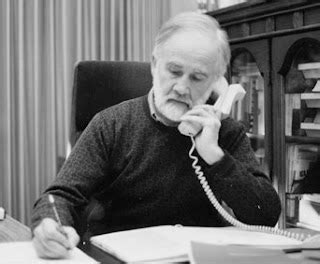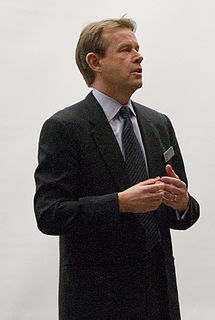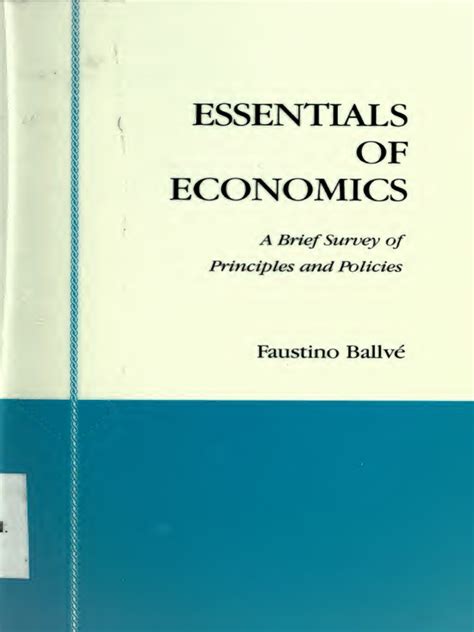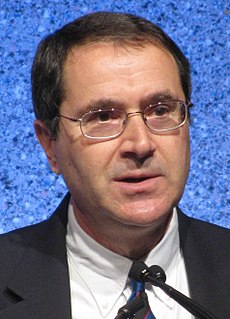A Quote by John Pugsley
Size of industry, concentration of market, or production notwithstanding, the consumer is best served when the businessman is completely free to pursue his profit goals.
Related Quotes
Production for sale in a market in which the object is to realize the maximum profit is the essential feature of a capitalist world-economy. In such a system production is constantly expanded as long as further production is profitable, and men constantly innovate new ways of producing things that will expand the profit margin.
The market steers the capitalistic economy. It directs each individual's activities into those channels in which he best serves the wants of his fellow-men. The market alone puts the whole social system of private ownership of the means of production and free enterprise in order and provides it with sense and meaning.
The great virtue of free enterprise is that it forces existing businesses to meet the test of the market continuously, to produce products that meet consumer demands at lowest cost, or else be driven from the market. It is a profit-and-loss system. Naturally, existing businesses generally prefer to keep out competitors in other ways. That is why the business community, despite its rhetoric, has so often been a major enemy of truly free enterprise.
Notwithstanding the trouble, notwithstanding the argument, notwithstanding the increasingly heavy hand of government, notwithstanding the spirit of arrogance we so often display, notwithstanding the growing tide of pornography and permissiveness, notwithstanding occasional corruption in public office and betrayal of sacred trust-I marvel at the miracle of America.
Consumption is the sole end and purpose of all production; and the interest of the producer ought to be attended to only so far as it may be necessary for promoting that of the consumer. The maxim is so perfectly self-evident that it would be absurd to attempt to prove it. But in the mercantile system the interest of the consumer is almost constantly sacrificed to that of the producer; and it seems to consider production, and not consumption, as the ultimate end and object of all industry and commerce.
We need to reverse three centuries of walling the for-profit and non-profit sectors off from one another. When you think for-profit and non-profit, you most often think of entities with either zero social return or zero return on capital and zero social return. Clearly, there's some opportunity in the spectrum between those extremes. What's missing is the for-profit finance industry coming in to that area. Look at the enormous diversity of the for-profit financial industry as opposed to monolithic nature of the non-profit world; it's quite astonishing.
The [liberals] consider profits as objectionable. The very existence of profits is in their eyes a proof that wage rates could be raised without harm to anybody. They speak of profit without dealing with loss. Profit and loss are the instruments by means of which the consumers keep a tight rein on all business activities. A profitable enterprise tends to expand; an unprofitable one tends to shrink. The elimination of profit renders production rigid and abolishes the consumer's control.

































